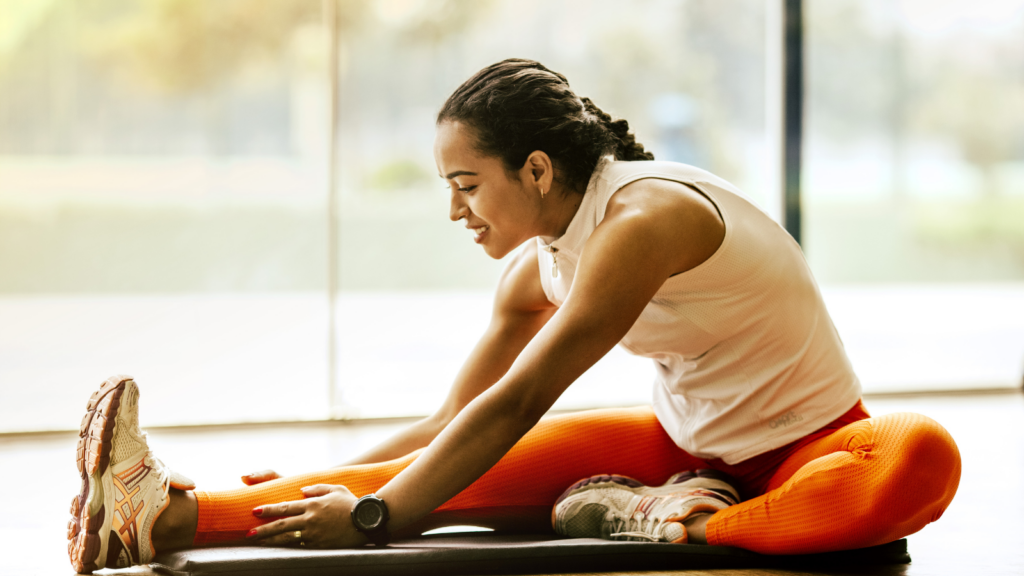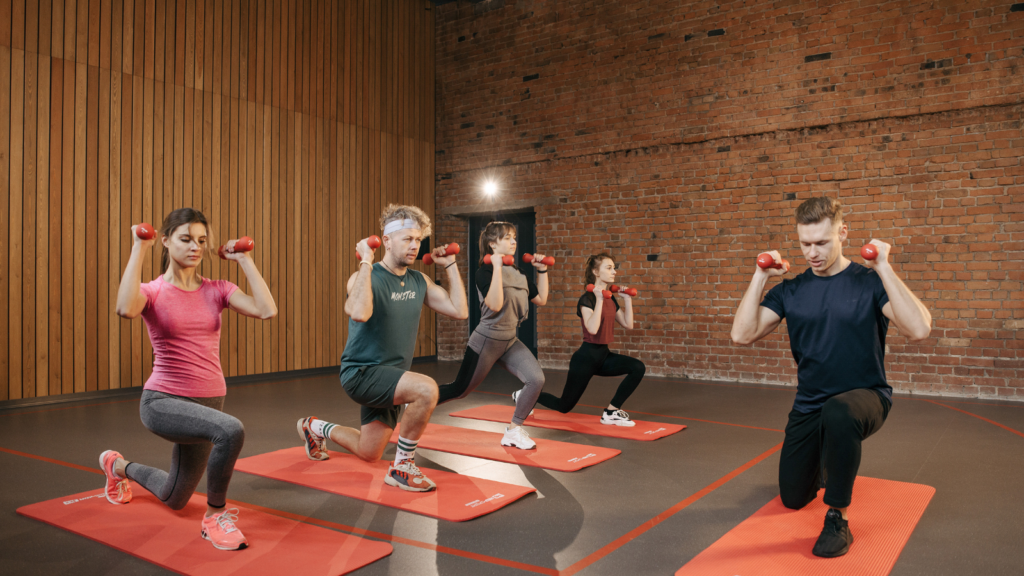Traveling can be a thrilling adventure, but it’s often a challenge to maintain a fitness routine while on the go. Whether you’re jet-setting for business or leisure, your physical well-being shouldn’t take a backseat. This article will provide practical fitness tips for travelers, ensuring you stay in top shape no matter where your journey takes you.
Fitness Tips for Travelers
Maintaining fitness during travel presents unique challenges due to unpredictable schedules and limited resources. Nonetheless, travelers can overcome these hurdles with care and planning.
Impact of Traveling on Physical Well-being

Traveling often disrupts regular exercise routines, imposes unhealthy eating habits, and may lead to inadequate sleep. For instance, long flights might result in jet lag, causing disruption in sleep patterns, and may lead to physical discomfort.
Fitness plays a pivotal role in every traveler’s life. Engaging in regular exercise boosts energy, improves mood, and strengthens the immune system, benefiting travelers by enhancing their trip experiences. As an instance, active individuals frequently report feeling more alert and relaxed during their journeys.
Essential Fitness Tips for Travelers
Prioritize Physical Activity
Incorporating physical activity into the travel itinerary allows any traveler to stay fit. For instance, choosing to walk to nearby destinations, using stairs instead of elevators whenever feasible, or incorporating outdoor activities like hiking or cycling as part of sightseeing activities can compensate for missed gym sessions.
Quick Hotel Room Workouts
Equally important is maintaining workouts while living in hotel rooms. With simple exercises like jumping jacks, high knees, burpees, or lunges, travelers can stay active sans high-tech gym equipment. Even carrying out lightweight stretching exercises before bed or after waking up ensures muscle flexibility in a confined space.
Nutrition Tips for Staying Fit on the Go

Eating right stands as a cornerstone of fitness. For travelers, maintaining a healthy diet can be a complex yet vital task.
Smart decisions about food form the framework for a balanced diet on the move. Opt for whole-grains, lean proteins, fruits, and vegetables at meal times. For instance, one might choose a chicken salad over a cheeseburger, or an apple over a chocolate bar. These choices pack the necessary nutrients without unnecessary calories, supporting travelers in their quest to stay fit.
Hydration is Key
Keeping hydrated isn’t just pivotal for health, it’s crucial for fitness. Travelers should aim for eight 8-ounce glasses of water per day, though individual needs may vary. Instead of sugary beverages, opt for water, particularly during active pursuits. Carry a reusable water bottle, and refill it at regular intervals. After all, fighting dehydration is as essential in a gym as it is on a mountain hike or a city exploration.
Insisting on Rest and Recovery
Sustaining physical health while exploring the globe extends beyond nutrition and hydration. Rest and recovery, integral for fitness, demand equal contemplation for travelers.
Importance of Adequate Sleep/ Managing Travel Stress

Prioritizing sufficient sleep affects both physical and mental health positively. It aids in repairing muscles, consolidating memory, and regulating mood, keeping one in peak condition during travel. For instance, travelers arriving after a draining transatlantic flight benefit from a restorative sleep cycle.
Travel can induce stress, impinging on overall well-being. Effective stress management strategies, such as deep breathing, brief meditation, and light stretching, can foster relaxation. Schedule downtime between activities, opting for a calming stroll over a bustling city tour when necessary, promotes balance during travels.
Balancing Thrill and Fitness
Traveling doesn’t have to mean putting fitness on the back burner. That’s the ultimate in all fitness tips for travelers. There’s a way to balance the thrill of exploring new places with health and wellness. Prioritizing physical activities, even during long flights, can help keep travelers fit. Choosing accommodations that support fitness goals can make a significant difference. It’s also important to remember that proper nutrition and hydration are key to maintaining energy levels. Rest and recovery shouldn’t be overlooked either, especially after long flights.

